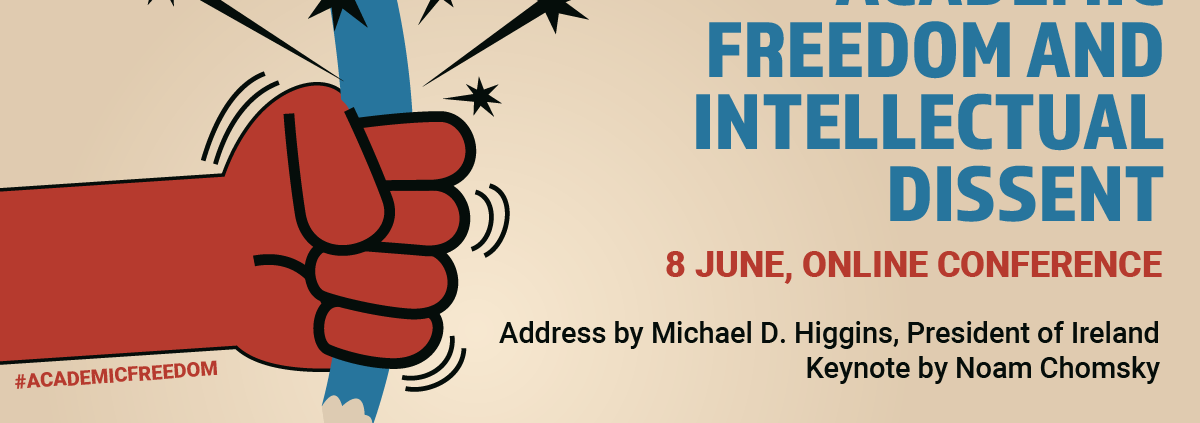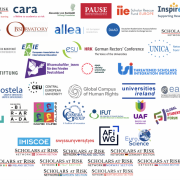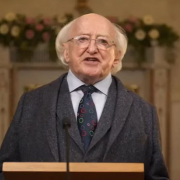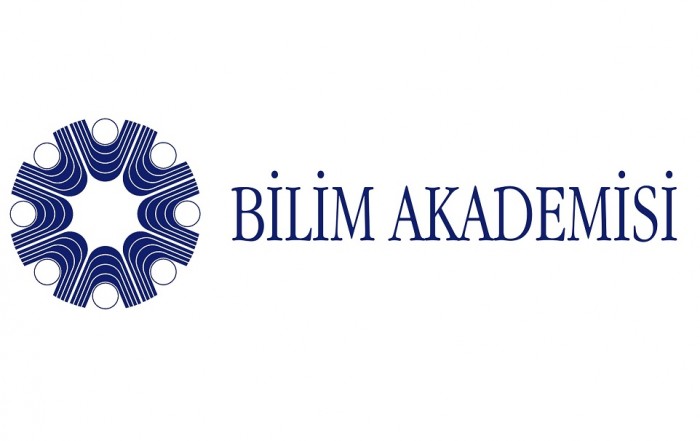Noam Chomsky on Academic Freedom and Intellectual Dissent
US linguist and political activist Noam Chomsky delivered the keynote “The University at Times of Crisis” as part of the international conference “Academic Freedom and Intellectual Dissent” co-organised by Scholars at Risk and ALLEA on 8 June.
In his keynote, Chomsky reflected on the crisis and privatisation of universities and academic institutions. He advocated for enabling the scientific community to make use of research funds without the intervention of politicians or donors.
He pointed out to this underlying tension within academic institutions as one of key aspects impeding the scientific community to reach an ideal of academic freedom. “Looking over the centuries, the ideal has often been uphill, but it has been a constant battle to try to sustain it in the face of external, social, economic and ideological pressures”, he argued.
He also challenged the idea of attributing the drivers of innovation and discovery in today’s societies to private businesses’ risk-taking. “This doctrine is mostly myth. Most of this work takes place in the public sector with public funding”, he stated.
An international conference on academic freedom
Chomsky’s keynote was preceded with an address by Ireland’s President Michael D. Higgins and followed by Q & A with the public moderated by Maria Baghramian (University College Dublin).
The conference focussed on the importance of intellectual dissent and academic freedom to democratic societies in a Western, particularly European, context. The speakers and the panel discussed the scope and the limits of academic freedom in the context of political populism, neoliberalism and the exigencies of the post Covid social and educational landscape.
Topics of the event included but were not limited to academic freedom in relation to other core academic values, e.g. openness, trustworthiness, research integrity, and social responsibility; the scope and limits of intellectual dissent and academic freedom; ways of strengthening academic freedom in a changing university funding landscape, the impact of social media on academic freedom and lessons from a global pandemic.
The full video of the events and the programme can be accessed on this webpage.






